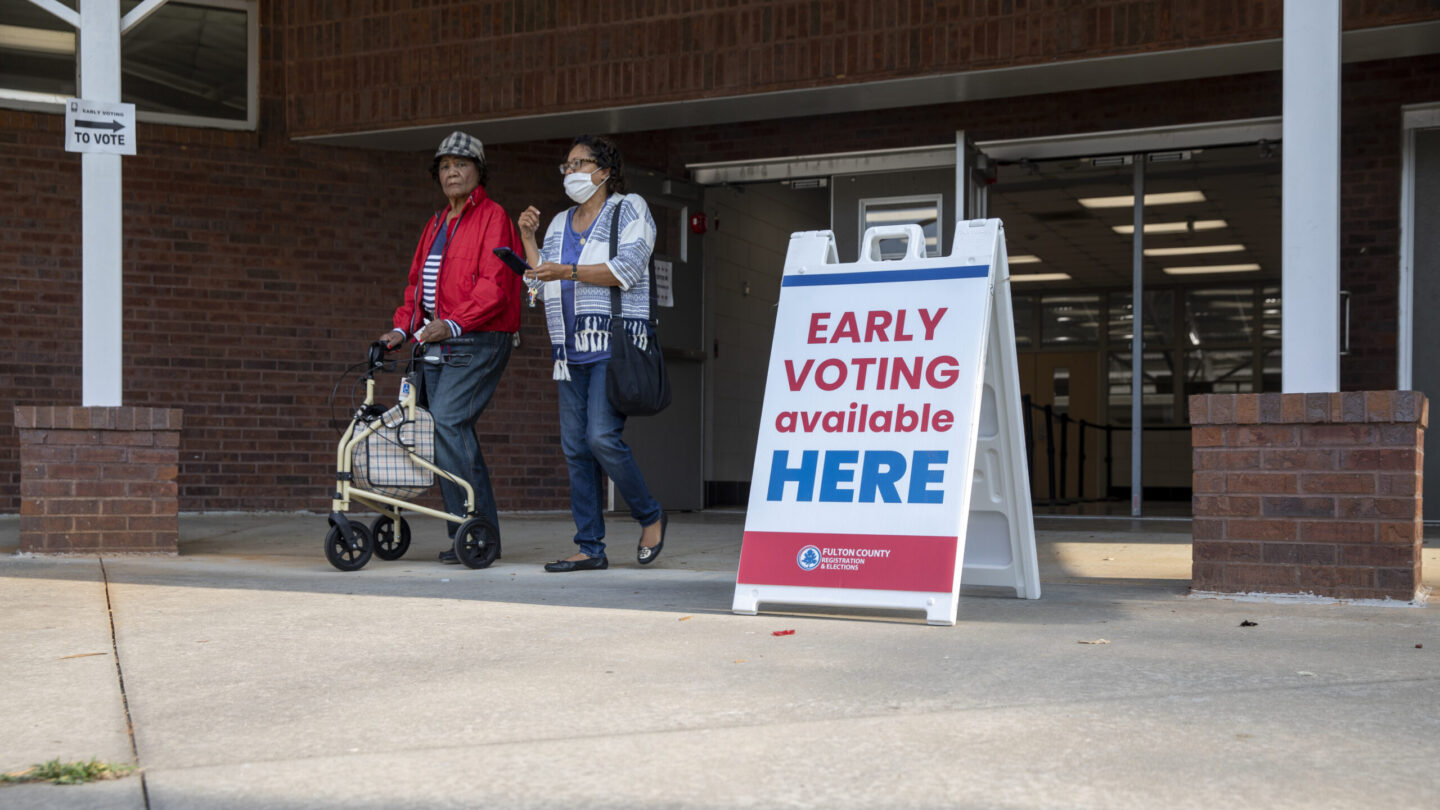On this edition of “Closer Look,” longtime voting rights activist and author Gregory Moore talks about modern-day battles against voter suppression laws and the ties that those battles have to the nation’s history of grappling with voting rights.
In 1965, President Lyndon B. Johnson signed the Voting Rights Act into law, seemingly outlawing decades of discriminatory voting practices mostly coming from southern states post-Civil War, including poll tax and literacy tests.
However, in 2013, the U.S. Supreme Court ruled in Shelby County v. Holder that a key section of the act was unconstitutional, with many voters nationwide losing protection in the process.
“What we lost in the Shelby decision was the ability for us to preclear those previsions before it came into law, and that’s what’s really been taken away and has led to this basic level of voting discrimination that perforated across the country within the last 10 years,” said Moore, who follows the contemporary history of voting rights in his new book, “Beyond the Voting Rights Act: The Untold Story of the Struggle to Reform America’s Voter Registration Laws.”
“We survived all of these years because the winners and the losers were able to accept the results and move forward … whether it’s the work that we’ve been doing reforming the laws or even the battles in the courts, we are in a protractive struggle to get back to the starting points of our democracy.”









